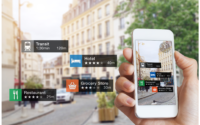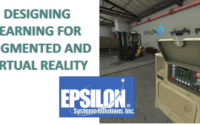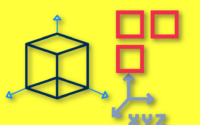
Introducing augmented reality in early childhood literacy learning
Augmented reality (AR) as an emerging technology has gradually been incorporated into educational contexts; however, the cases that incorporate AR into early childhood contexts are underrepresented and especially scant in the literacy domain. Aiming to measure the impact of AR on early childhood learning and motivation in the literacy domain, this study brought an application […]











